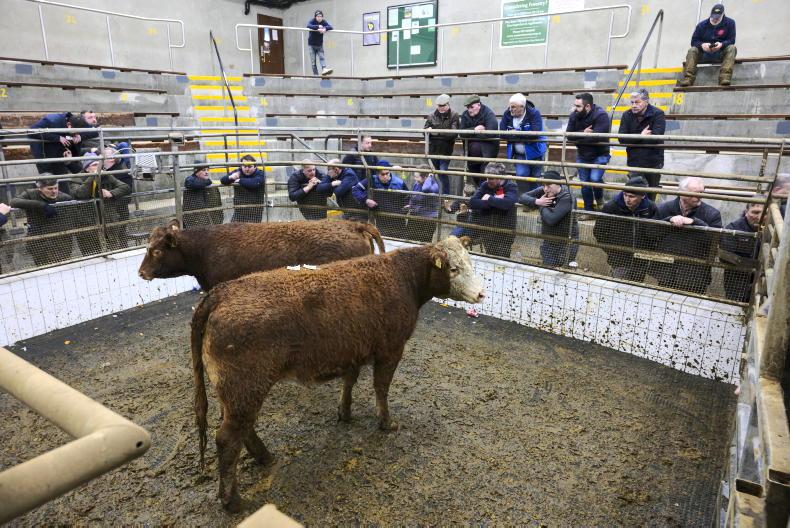The news from the WTO ministerial meeting in Kenya that export subsidies were to be ended marked huge symbolic progress in the long pursuit of global trade agreement. But in practical terms it will have little effect. Europe ended its export refunds several years ago.
The WTO move was welcomed by European Commissioner for Agriculture Phil Hogan, who said: “This is a square deal for EU agriculture, for farmers in the developing world, in particular for the least developed countries. We have delivered on our objectives outlined ahead of the negotiations. In recent years, the EU has led the way in agreeing to renounce the use of export subsidies.”
The IFA, however, is more sceptical. National chair Jer Bergin said it is essential that all other forms of exports supports, not just EU export refunds, but also those used by other countries across the globe, are fully removed.
He said many non-European countries are using less obvious forms of export support, such as export credits, export credit guarantees, insurance programmes, the involvement of state trading enterprises and food aid programmes, to give their exporters significant advantages. He is also adamant that the Commissioner needs to make it abundantly clear that the EU position on production standards will be to insist that full equivalence of standards for all imports is non-negotiable. This includes the Trans-Atlantic Trade and Investment Partnership (TTIP) discussions with the US and recently rejuvenated Mercosur discussions.
Listen to markets specialist Phelim O'Neill discuss the latest developments in international trade talks in our podcast below:









SHARING OPTIONS